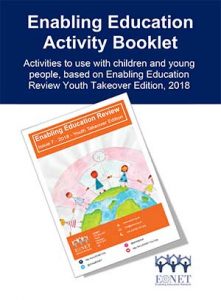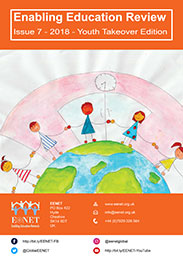Application deadline: 3 December 2018.
The Disability Rights Scholarship Program provides yearlong awards for master’s degree study to disability rights advocates, lawyers, and educators to develop new legislation, jurisprudence, policy, research, and scholarship to harness the innovations and opportunities offered by the United Nations Convention on the Rights of Persons with Disabilities (CRPD).
The programme does not discriminate on the basis of age, race, colour, sex, religion, sexual orientation, or disability. Candidates with disabilities are particularly encouraged to apply. The competition is merit-based and open to those meeting the following criteria:
- citizen and legal resident Mozambique, Sudan, South Sudan, Tanzania; Mexico, Czech Republic, Georgia, or Ukraine at the time of application
- have work experience in the legal profession or advocacy focusing on human/disability rights
- have an excellent academic record with a bachelor of laws (LLB; in exceptional circumstances, those without a LLB but with substantial relevant experience may be considered) – a degree must be awarded by the application deadline
- have demonstrated leadership in the field of disability rights
- be proficient in spoken and written English or French and able to meet university-designated minimum scores on standardized language tests
- be able to participate in an intensive academic writing programme in August or September 2019
- be able to begin the graduate programme in August or September 2019
- be able to receive and maintain visa or study permit required by host country
- demonstrate a clear commitment to return to home country to contribute to advancing the inclusion and full participation of persons with disabilities in their communities.
The scholarship programme is supported by Open Society Foundations.
Read the full details, including information on how to apply.
Note: The scholarships are not organised by EENET. Please use the link above to find contact information for the organisers if you have any queries.


